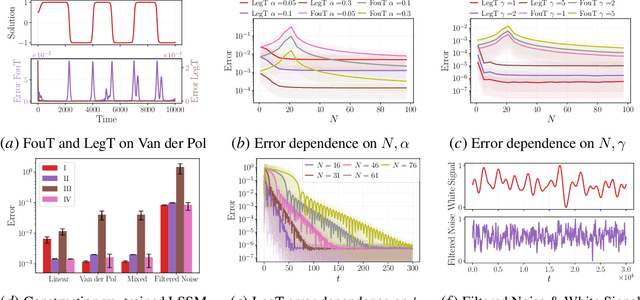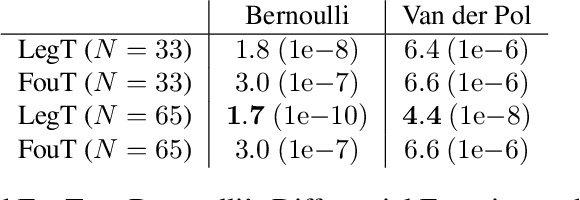Kilian Haefeli
Command A: An Enterprise-Ready Large Language Model
Apr 01, 2025



Abstract:In this report we describe the development of Command A, a powerful large language model purpose-built to excel at real-world enterprise use cases. Command A is an agent-optimised and multilingual-capable model, with support for 23 languages of global business, and a novel hybrid architecture balancing efficiency with top of the range performance. It offers best-in-class Retrieval Augmented Generation (RAG) capabilities with grounding and tool use to automate sophisticated business processes. These abilities are achieved through a decentralised training approach, including self-refinement algorithms and model merging techniques. We also include results for Command R7B which shares capability and architectural similarities to Command A. Weights for both models have been released for research purposes. This technical report details our original training pipeline and presents an extensive evaluation of our models across a suite of enterprise-relevant tasks and public benchmarks, demonstrating excellent performance and efficiency.
HiPPO-Prophecy: State-Space Models can Provably Learn Dynamical Systems in Context
Jul 12, 2024



Abstract:This work explores the in-context learning capabilities of State Space Models (SSMs) and presents, to the best of our knowledge, the first theoretical explanation of a possible underlying mechanism. We introduce a novel weight construction for SSMs, enabling them to predict the next state of any dynamical system after observing previous states without parameter fine-tuning. This is accomplished by extending the HiPPO framework to demonstrate that continuous SSMs can approximate the derivative of any input signal. Specifically, we find an explicit weight construction for continuous SSMs and provide an asymptotic error bound on the derivative approximation. The discretization of this continuous SSM subsequently yields a discrete SSM that predicts the next state. Finally, we demonstrate the effectiveness of our parameterization empirically. This work should be an initial step toward understanding how sequence models based on SSMs learn in context.
 Add to Chrome
Add to Chrome Add to Firefox
Add to Firefox Add to Edge
Add to Edge